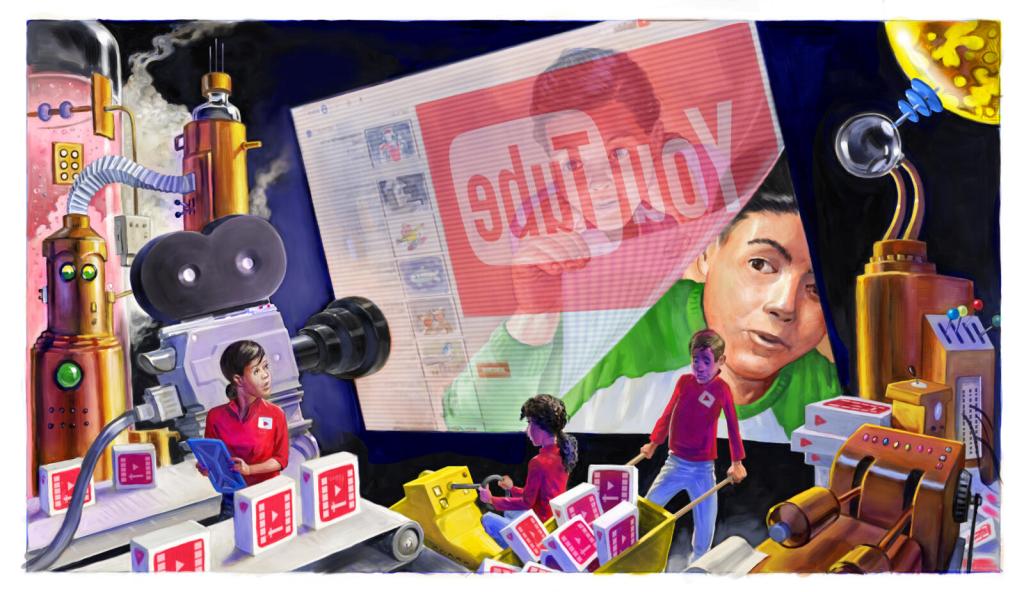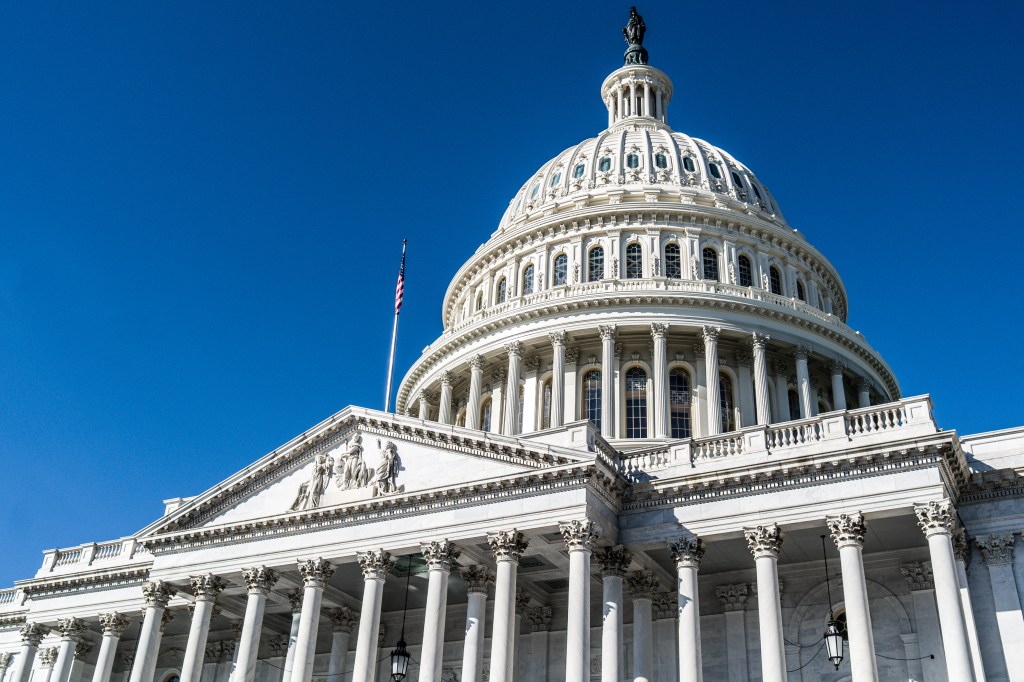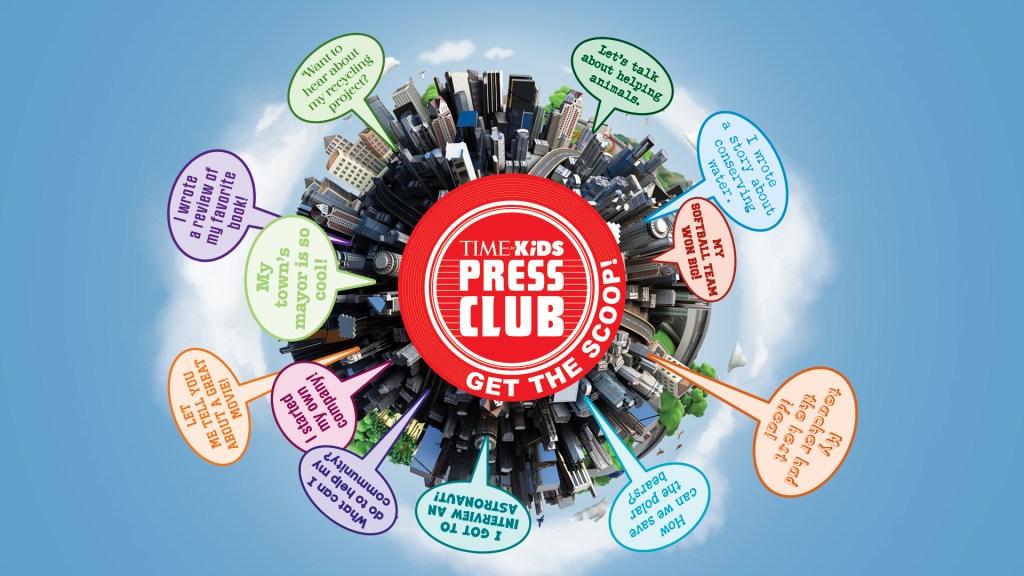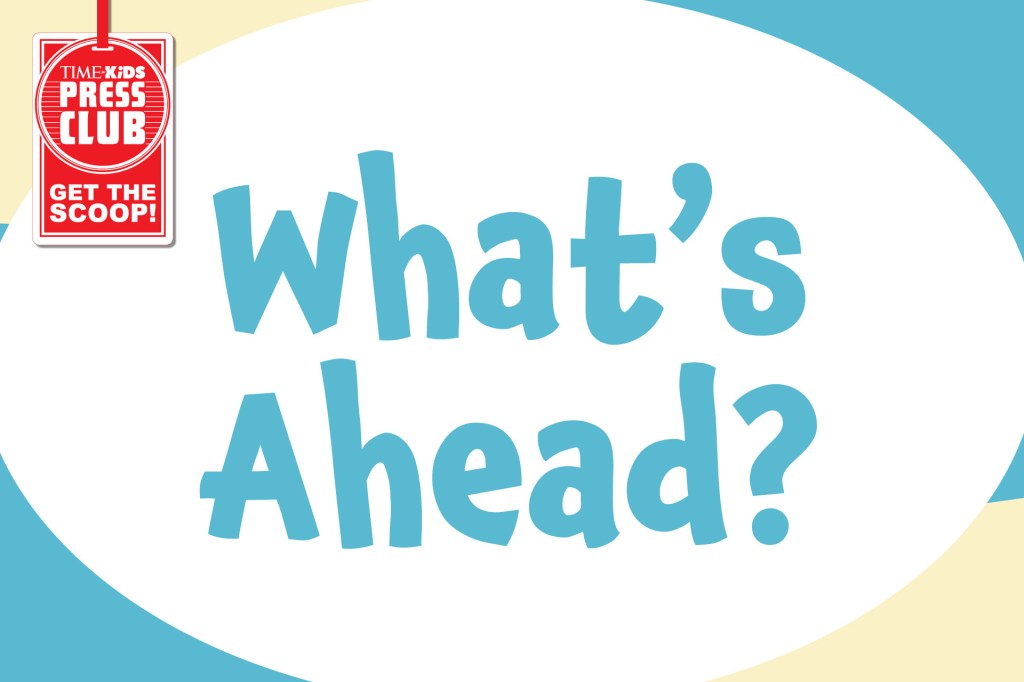YouTube Trouble

Piper Leypoldt, 11, of Durham, North Carolina, likes to watch cooking videos on YouTube. Recently, she learned that the site collects users’ data, such as search history and location. She’s not concerned. “Other websites I use at home and school also collect my information,” she told TIME for Kids.
But advocates
advocate
 PHIL POEDER/GETTY IMAGES
someone who argues for or supports a cause
(noun)
On Earth Day, environment advocates gathered at the U.S. Capitol for a rally.
for kids’ online privacy are concerned. In September, YouTube agreed to pay a $170 million penalty. The Federal Trade Commission (FTC) said the platform collected kids’ information and used it to target them with ads. The FTC said YouTube did this without parents’ consent
consent
PHIL POEDER/GETTY IMAGES
someone who argues for or supports a cause
(noun)
On Earth Day, environment advocates gathered at the U.S. Capitol for a rally.
for kids’ online privacy are concerned. In September, YouTube agreed to pay a $170 million penalty. The Federal Trade Commission (FTC) said the platform collected kids’ information and used it to target them with ads. The FTC said YouTube did this without parents’ consent
consent
 DAMIRCUDIC/GETTY IMAGES
permission
(noun)
Students must have a parent's consent to go to the aquarium.
, which is illegal.
DAMIRCUDIC/GETTY IMAGES
permission
(noun)
Students must have a parent's consent to go to the aquarium.
, which is illegal.
Kristen Walker is a professor at California State University. She studies how kids share information online. Walker says people can’t see data being gathered, so they don’t think about it. “The Internet is so convenient, it’s easy not to feel a need to be careful,” says Walker.
Your data could be out there forever, Walker warns. You never know who will access it. “The harm is a long-term consequence,” she says. “We can’t see the danger until it’s too late.”
The Data Trail
YouTube started in 2005 as a place for people to share videos. Google bought it in 2006. YouTube is structured to keep people on the site. Artificial intelligence learns what videos you like and recommends similar content. The more you watch, the more ads you see. Selling ad space brings in big bucks for YouTube.
The site uses bits of data that are stored on your device. They help apps and websites remember your device so you don’t have to sign in each time. But they can also be used to track your device across the Internet, gathering data about the kinds of sites you visit.
As part of an agreement with the FTC, YouTube says it will limit the data it collects on videos for kids under 13. It will also require content creators to identify videos made for children. This is so YouTube can make sure it’s following the law.
Advocacy groups say it’s not enough. They say YouTube needs to decide if a video is for kids. Otherwise, “it’s like having a school playground with no one responsible for watching the kids and making sure the equipment is safe,” Susan Grant said in a statement. She works for the Consumer Federation of America.
For now, kids like Piper will need to decide if watching videos on YouTube is worth the potential risks.











